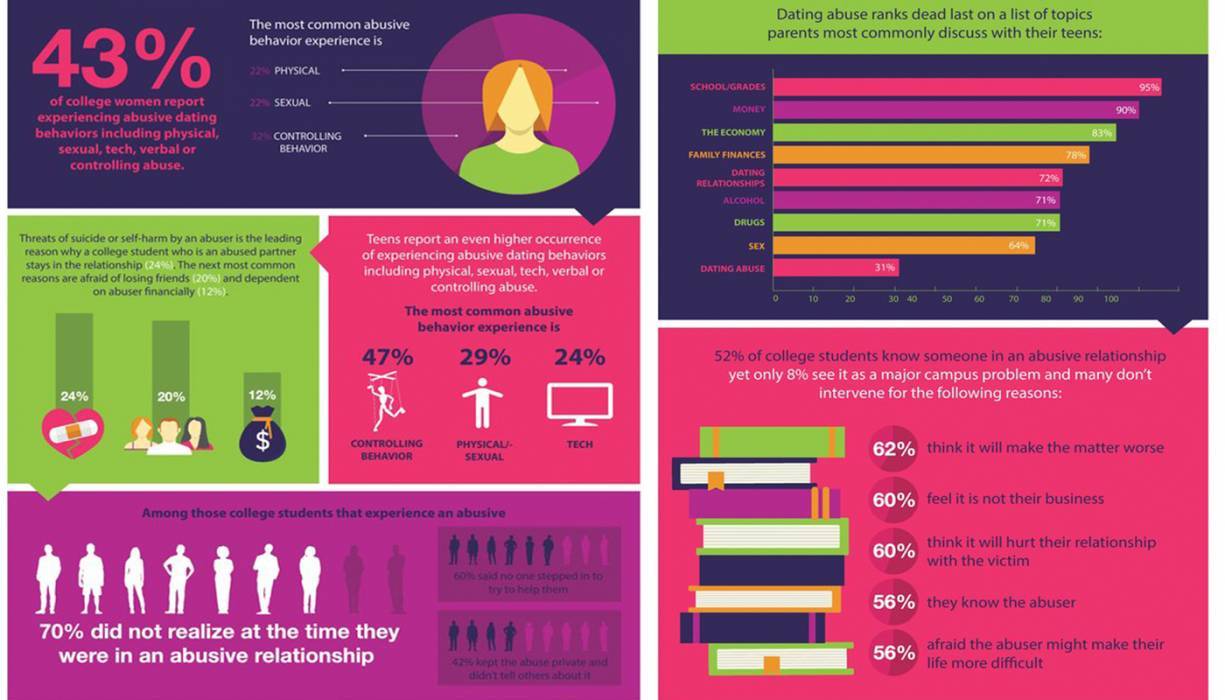You are here
Become A Peer Advocate And Help End Domestic Violence
Seeing someone you know or love experience domestic violence can be scary, and starting the conversation can be difficult as well. Men or women going through a difficult time may not want to discuss the abuse they’re experiencing for any number of reasons, including fear, shame, or even concern for their partner who has abusive behavior. Quinsigamond Community College is committed to providing victims and survivors of domestic violence confidential resources right here on campus.
The Human Services Program and the Dean of Compliance office have partnered with the YWCA of Central MA and their domestic violence educators to get peer advocates trained and certified to help their peers as well as members of the community. Interested students will attend eight virtual workshops and to earn their certification, they must attend every session. Once certified, peer advocates will serve as a resource for domestic violence at QCC and in the community.
Know the signs of domestic violence (also known as Intimate Partner Violence (IPV) or Partner Abuse). It is a pattern of coercive, controlling behavior that can include physical, emotional, psychological, sexual or financial abuse to impact someone else's thoughts, actions and beliefs without their consent. Domestic violence is pervasive, life-threatening, and affects millions of individuals across the United States regardless of age, economic status, race, religion, education, gender identity, or sexual orientation. While factors such as substance abuse, financial stress and unemployment, and illness may exacerbate existing abusive behavior, they do not cause domestic violence. However, these factors are often used as excuses to allow violent behavior to go unchecked - sometimes resulting in fatalities.
Anyone can be a victim or perpetrator of domestic violence, but the most marginalized members of our society- people of color, individuals and families who are low income, indigenous peoples, LGBTQ+ folks, people with physical and/or mental disabilities, immigrants, refugees, women, and children - are at the greatest risk. In Massachusetts, 1 in 3 women & 1 in 5 men report having experienced rape, physical violence, or stalking by an intimate partner in their lifetime.
Every single person who is trained as resource for victims and survivors can make a difference. QCC Dean of Compliance Liz Woods and QCC Coordinator of Human Services Brenda Safford partnered with YWCA facilitators in Fall 2018 and created the Student Peer Advocates for Domestic Violence for QCC.
To date, 25 students have been trained as peer advocates and additional recruits are being sought for the Fall 2021 semester. By working together we can increase the amount of resources available for classmates and community members. Become a peer advocate today and help us help others in need.
Trainings will be on Thursdays from 4:00 p.m. - 7:30 p.m.
- September 30
- October 7
- October 14
- October 21
- October 28
- November 4
- November 18
- December 2
Students interested in registering for training should email their name, address, student ID number and phone number to Ms. Safford at bsafford [at] qcc.mass.edu or Ms. Woods at lwoods [at] qcc.mass.edu.

